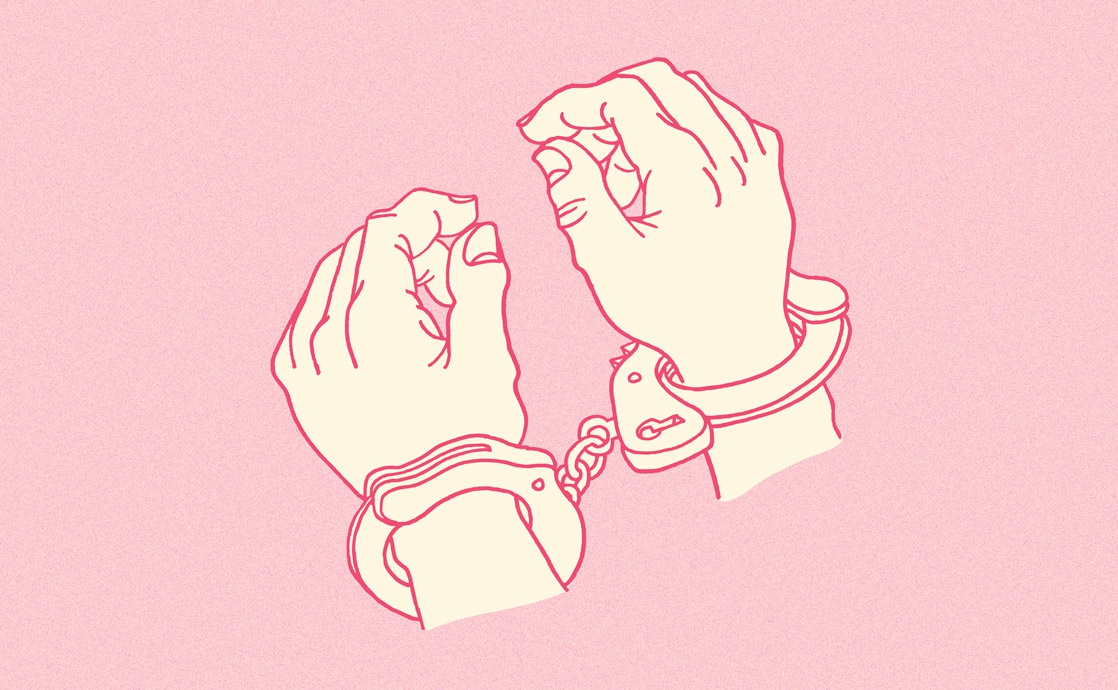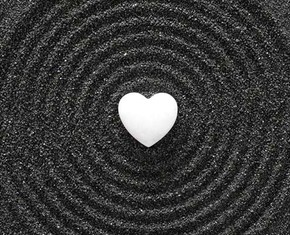The views expressed in our content reflect individual perspectives and do not represent the authoritative views of the Baha'i Faith.
The savagery and violence of the recent riots and insurrection in the American capitol reminded me of a conversation I once had with a criminal court judge about what makes a person a law-abiding citizen.
RELATED: Is the Rule of Law Itself Under Assault?
“Can you please explain,” the judge, who I had just met at an awards banquet, asked me with a smile on his face, “why I never see any Baha’is in my courtroom? Don’t you people commit crimes?”
He posed his question with a little levity in his voice, but his eyes said he was serious. At the time, I lived in Los Angeles, along with thousands of other Baha’is, and I served on the Los Angeles Baha’i Local Spiritual Assembly, the Baha’i community’s democratically-elected administrative body. I had gone to the banquet because a Baha’i was the recipient of one of the awards and because the Assembly had asked me to represent the community at the ceremony.
I’d never met the judge who randomly sat down next to me, but he saw my name tag, which also said “Los Angeles Baha’is,” and quickly began asking pointed questions. He knew that a large L.A. Baha’i community existed, but he wasted no time in telling me that he’d never had a Baha’i defendant come before the bench in his decades-long career adjudicating criminal cases — and said that he and his fellow judges had wondered why.
“Baha’is aren’t perfect,” I said. “Some probably do get in trouble with the law — but from my experience, it’s pretty rare.”
“Yes, it seems that way from my observations,” he said. “I want to know — what’s the secret? What makes Baha’is so unlikely to break the law?”
He seemed genuinely curious, really trying to figure out the recipe and understand how he could apply it to the people he saw every day from the bench. Impressed with his sense of urgency, I agreed to sit down together after the banquet and talk.
Later we discussed what internal mechanism makes a person follow the law. I told him that one of the Baha’i principles involves obeying duly-constituted legal systems — that Baha’is, who work hard to build and support a free civil society around the world, try to follow the civil laws of the countries where they live. They do so, I explained, not only as a civic duty but as a religious one.
RELATED: The Infallible Balance: Morality, Religion and Law
I repeated a quotation from a talk given in Montreal, Canada, by Abdu’l-Baha, the son and successor of Baha’u’llah, the prophet who founded the Baha’i Faith:
It is impossible for a country to live properly without laws. To solve this problem rigorous laws must be made, so that all the governments of the world will be the protectors thereof.
In other words, Baha’is believe in the rule of law, not only intellectually, but with their actions. Also, I said, Baha’is commit themselves to a non-violent path through life. I quoted Abdu’l-Baha again, from the book “Some Answered Questions” when he said that humanity should endeavor:
… to so educate the masses that no crimes will be committed in the first place; for a people can be so educated as to shrink entirely from any crime, and indeed regard the crime itself as the greatest chastisement and the most grievous torment and punishment.
“So,” the judge said, nodding his head, “if a Baha’i had some kind of religious obligation, and it conflicted with the legal codes, what would take precedence?”
“Baha’is abide by the law,” I said, “which means that whenever the Baha’i laws might conflict with civil law, the Baha’is living there obey the civil law — unless it involves matters of conscience like denying your faith.”
My new friend the judge raised his eyebrows at that. He concluded something fascinating during our discussion — he said that of the literally thousands of criminal trials and plea bargains he had presided over during his long career, it wasn’t only the Baha’is who seemed notably absent — in fact, he said, he rarely ever saw anyone in his courtroom who had a strong religious belief system which involved not only thought but action. That belief in a Higher Power, and the behavior that accompanies it, helped people lead lawful lives, he said.
In a clever turn of phrase, he said, and I’ve never forgotten it, that “Those with convictions rarely have convictions.”
In other words, it takes a strong inner commitment to the whole concept of the rule of law to actually follow it with your daily actions. During our conversation, the judge quoted from Thomas Paine’s treatise “Common Sense”: “For as in absolute governments the King is law, so in free countries the law ought to be king; and there ought to be no other.”
Baha’is agree. If people can successfully rule themselves with a free democratic form of government, then defending and upholding our liberty means each individual has a tremendous responsibility to actually become a law-abiding citizen. Nations, if they want to keep being coherent entities, need citizens who consent to abide by the nation’s laws. Liberty without responsibility can only mean chaos and criminal behavior.
This passage from Baha’u’llah, from the book “Tablets of Baha’u’llah,” sets that standard:
Whatsoever passeth beyond the limits of moderation will cease to exert a beneficial influence. Consider for instance such things as liberty, civilization and the like. However much men of understanding may favourably regard them, they will, if carried to excess, exercise a pernicious influence upon men.
The Baha’i teachings recognize that human beings have a dual nature, with both spiritual inclinations and animal instincts. We each have that inner battle to fight, Abdu’l-Baha said, and the individual who can emphasize the kind, giving, spiritual attributes inherent to human nobility “wins eternal bliss:”
Man is he who forgets his own interests for the sake of others. His own comfort he forfeits for the well-being of all. Nay, rather, his own life must he be willing to forfeit for the life of mankind. Such a man is the honor of the world of humanity. Such a man is the glory of the world of mankind. Such a man is the one who wins eternal bliss. Such a man is near to the threshold of God. Such a man is the very manifestation of eternal happiness. Otherwise, men are like animals, exhibiting the same proclivities and propensities as the world of animals.
Tragically, we all saw that dark animal side of human nature — brutality, hatred, and murder — in the recent riot in the American capitol. Americans witnessed our social compact and our civil society break down as our fellow countrymen resorted to violence to air their grievances, beating police officers and desecrating the symbols of our democratic republic.
In a talk he gave in Paris, Abdu’l-Baha once said, “There is nothing so heart-breaking and terrible as an outburst of human savagery!”
If we want to keep our freedom, our liberties, and ultimately our country, we cannot descend into this kind of savagery and madness, or countenance it when others do. One well-known historian called the D.C. insurrection the beginning of a “soft civil war.” I hope to God she’s wrong.
















Comments
Sign in or create an account
Continue with Googleor